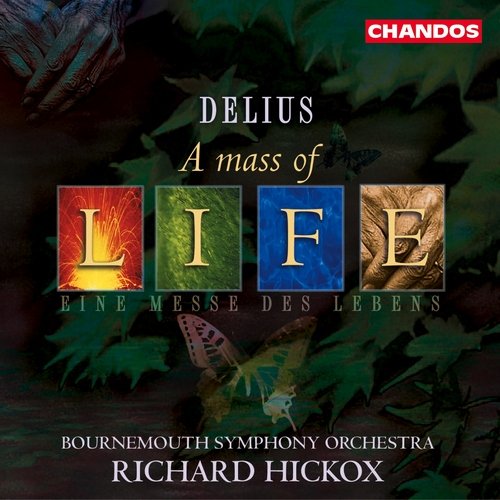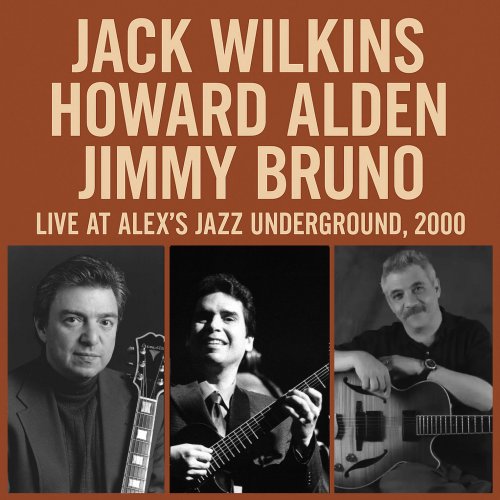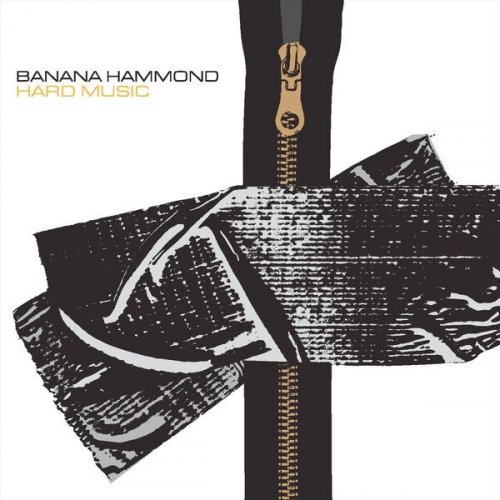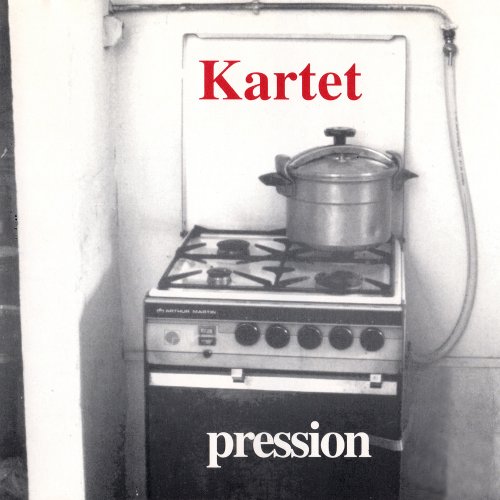Bournemouth Symphony Orchestra, Richard Hickox - Frederick Delius: A Mass of Life (2002) Hi-Res

Artist: Bournemouth Symphony Orchestra, Richard Hickox
Title: Frederick Delius: A Mass of Life
Year Of Release: 2002
Label: Chandos Records
Genre: Classical
Quality: FLAC 24bit-44.1kHz / FLAC (image+.cue,log,scans)
Total Time: 02:09:27
Total Size: 879 / 604 Mb
WebSite: Album Preview
Tracklist: Title: Frederick Delius: A Mass of Life
Year Of Release: 2002
Label: Chandos Records
Genre: Classical
Quality: FLAC 24bit-44.1kHz / FLAC (image+.cue,log,scans)
Total Time: 02:09:27
Total Size: 879 / 604 Mb
WebSite: Album Preview
Frederick Delius (1862-1934)
CD 1:
[1]-[5] Requiem
[6]-[10] A Mass of Life
First Part
CD 2:
[1]-[7] A Mass of Life
Second Part
Performers:
Jean Rigby contralto
Joan Rodgers soprano
Nigel Robson tenor
Peter Coleman-Wright baritone
Rebecca Evans soprano
Bournemouth Symphony Chorus
Waynflete Singers
Bournemouth Symphony Orchestra
Richard Hickox
This is only the third commercial recording of AMass of Life. The previous two recordings were the 1952 Beecham (no longer available) and the 1971 Groves on EMI. You might imagine modern recording would best place this vast canvas between your loudspeakers. And yes, Hickox's dynamic peaks are marginally higher, his perspectives marginally wider and deeper. Actually, some of this has as much to do with Hickox's own pacing and shading as the engineering. In general, this 'idealised' light- and air-filled sound brings a sharper, bright presence for the chorus, and such things as the piccolo trilling atop the final 'Hymn to Joy'. What it doesn't bring is the sense of performers in a specific acoustic space. But the chorus shines in the prominent role which the Chandos balance gives them, with ringing attack for all entries where it's needed, and singing as confident as it's sensitive, even if one has to make the odd allowance for not quite perfect pitching on high (Delius's demands are extreme) and moments where they're too loud. The soloists are fine; Hickox's baritone has a good line in stirring, virile address, though little of Benjamin Luxon's nobility, inwardness and true legato. What makes the Hickox Mass preferable to the Groves (but only just) is the conductor's inspired handling of each part's central dance panels. Hickox makes you believe in them, with a judicious drive, lift to the rhythms, and really incisive, eager singing and playing. As a coupling, Hickox has only the second-ever commercial recording of the Requiem: more Nietzsche, but this time dogma not poetry, all the more unpalatable/ embarrassing (regardless of your faith) for being in English, but containing much unique Delius.
![Steve Davis - Eloquence (2009) [CDRip] Steve Davis - Eloquence (2009) [CDRip]](https://www.dibpic.com/uploads/posts/2026-01/1767988739_6.jpg)






![Antonio Farao - Kind of... Piano solo (2026) [Hi-Res] Antonio Farao - Kind of... Piano solo (2026) [Hi-Res]](https://www.dibpic.com/uploads/posts/2026-01/1767893895_cover.jpg)
